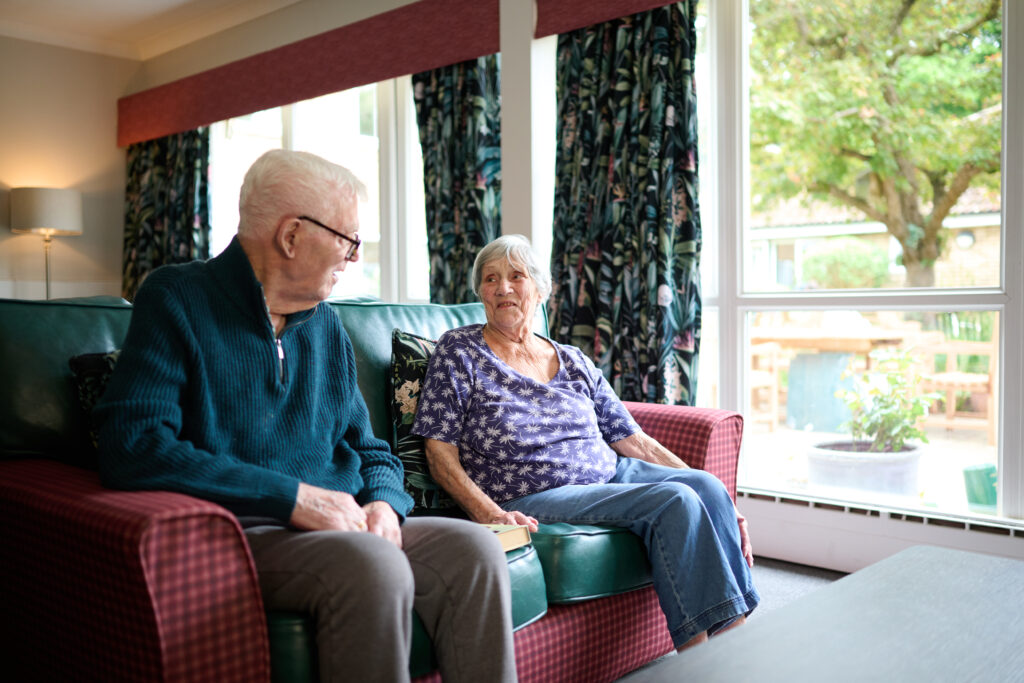Deciding to move into a care home is a significant life change, and it is often a deeply emotional decision for both the individual and their family. It is common for people to feel uncertain or even resistant at first, especially if they have lived independently for many years. As a loved one, knowing how to approach the subject gently and supportively can make all the difference.
At Upper Mead Care Home, we understand how sensitive these conversations can be. Our team regularly supports families through this transition, helping them make the move as positive and reassuring as possible. In this guide, we share practical tips on how to encourage someone to move into a care home while respecting their feelings and preserving their sense of independence and dignity.

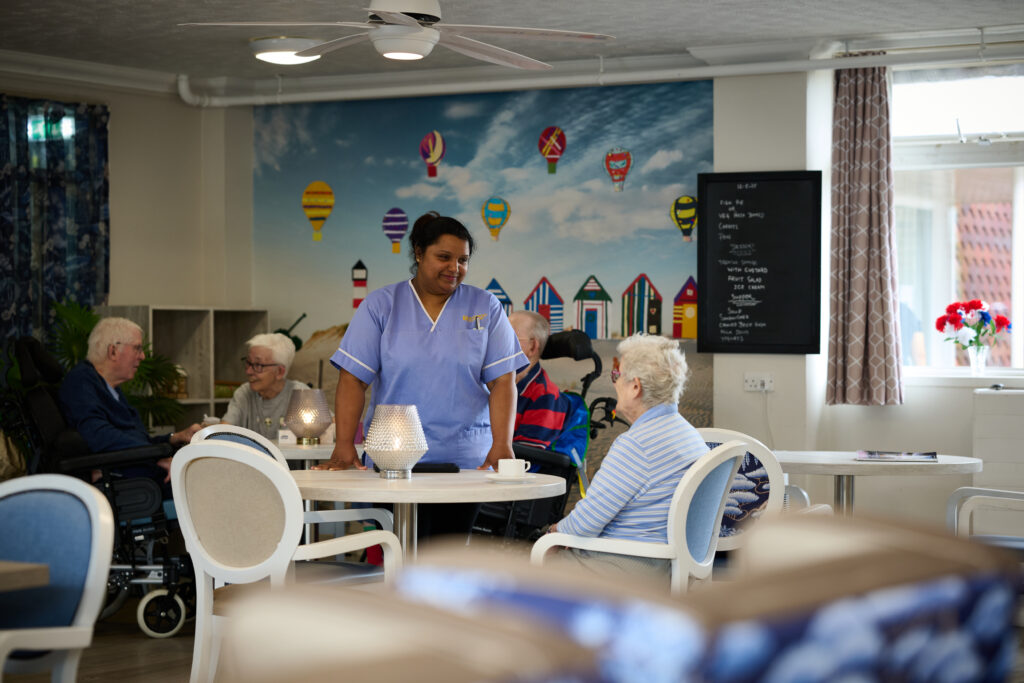
Understand Their Feelings and Fears
Before discussing a move into residential care, it is important to take time to understand how your loved one feels. Many older adults worry about losing their independence, leaving familiar surroundings, or becoming isolated. Others may simply feel anxious about change.
By listening without judgement and acknowledging these feelings, you can begin to build trust and show that you are on their side. Ask open-ended questions, encourage them to share their thoughts, and reassure them that their preferences will guide every decision made.
Focus on the Positive Aspects of Care Home Life
One of the most effective ways to encourage someone to consider a care home is to talk about the many benefits at home can offer. Modern care homes like Upper Mead are warm, welcoming communities that provide far more than just practical support.
Residents enjoy a wide range of social activities, freshly prepared meals, professional care tailored to their needs, and the reassurance of round-the-clock support. Many people find that once they move in, their quality of life improves as they rediscover hobbies, make new friends, and feel part of a community again.
Sharing real examples, such as outings, events, or daily activities, can help your loved one picture what life in a care home could be like and make the idea feel less daunting.
Involve Them in Every Step of the Decision
Moving into a care home should always feel like a collaborative decision, not something being decided for them. Involve your loved one in every stage of the process, from researching options to visiting homes together.
Arrange your visit together to upper mead today.
Allow them to ask questions, meet staff, and see what daily life is like. This helps them feel in control and more confident about the change. Visiting Upper Mead Care Home, for example, gives potential residents the chance to experience our welcoming atmosphere firsthand, meet other residents, and see how care and independence work hand in hand.
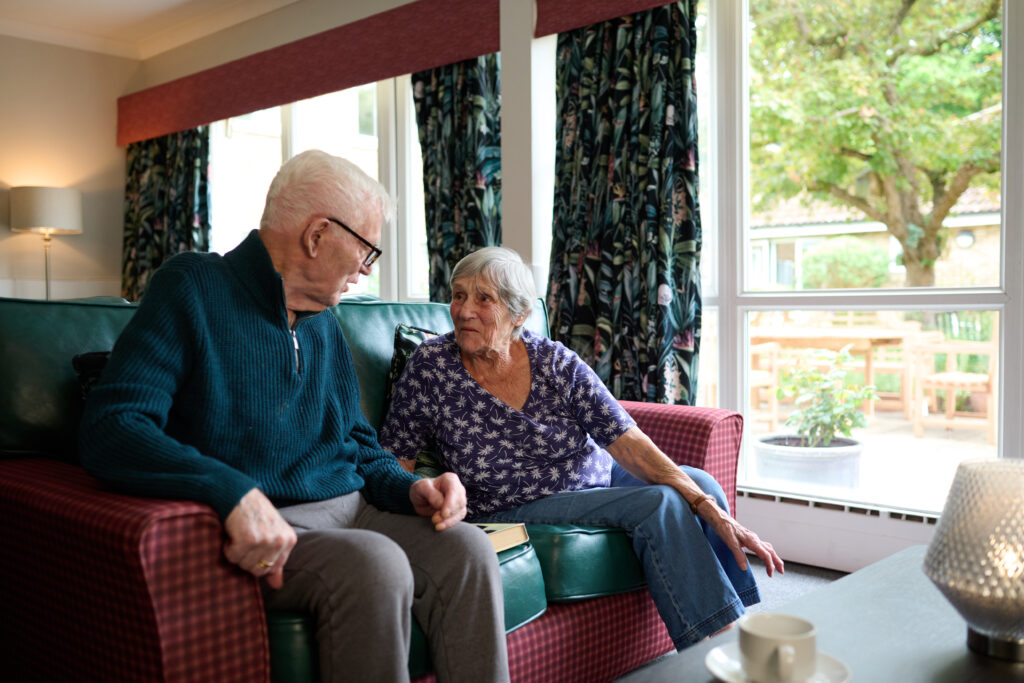
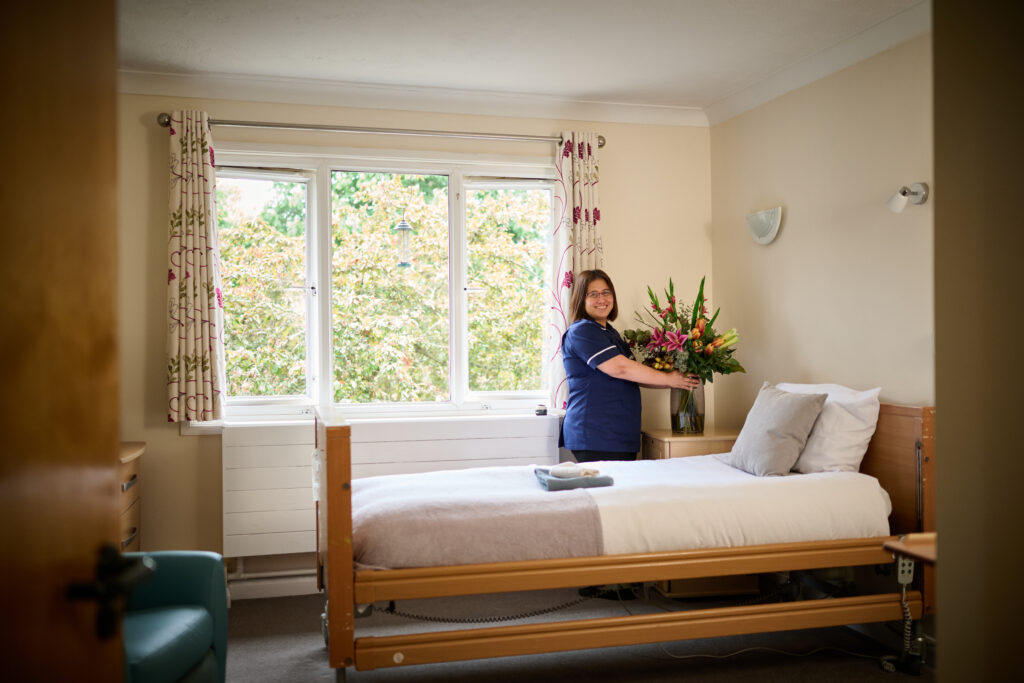
Reassure Them That Independence is Valued
One of the most common misconceptions about care homes is that moving into one means losing independence. In reality, residential care is about supporting people to live as independently as possible while providing help where it is needed.
At Upper Mead, residents make choices about how they spend their day, the activities they take part in, and how their care is delivered. They have their own private space and the freedom to enjoy life at their own pace, with support always available when required.
Reminding your loved one that they will still have independence and control over their daily life can ease concerns and make the idea of moving more appealing.
Take Small Steps Rather Than Rushing the Process
For many people, adjusting to the idea of care home life takes time. Instead of rushing the decision, consider introducing the idea gradually. Start with casual conversations, share positive stories about others who have moved into care, or plan a short visit together.
Some families also find that arranging a short-term respite stay helps. It gives their loved one a chance to experience care home life without making a long-term commitment. Often, once people see how enjoyable and supportive the environment is, they feel more comfortable with the idea of moving permanently.
Offer Continued Support and Reassurance
Even after the decision has been made, ongoing support is essential. Moving into a care home is a major transition, and it is natural for your loved one to need time to adjust. Visiting regularly, staying involved in their care, and maintaining familiar routines can make the transition feel smoother and more positive.
At Upper Mead, families are always welcome, and we work closely with loved ones to ensure every resident feels supported and settled.
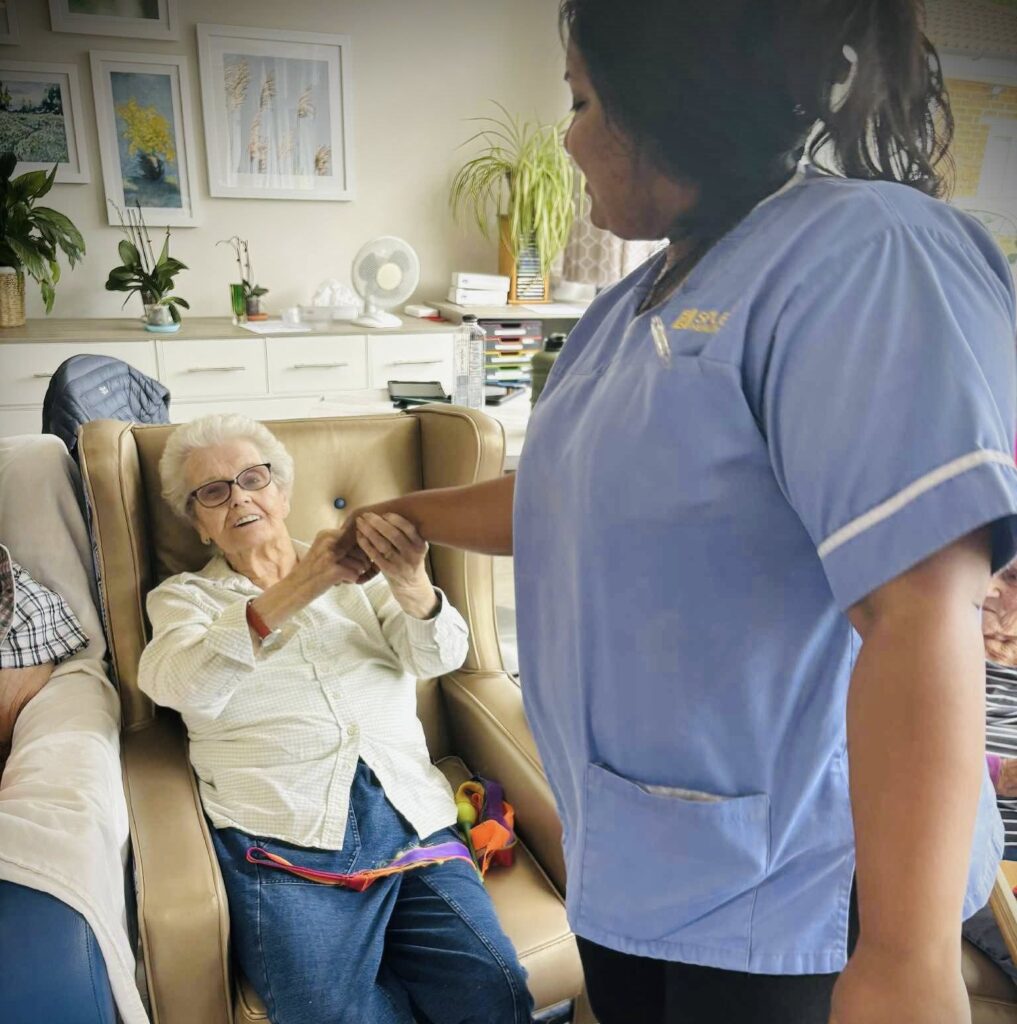
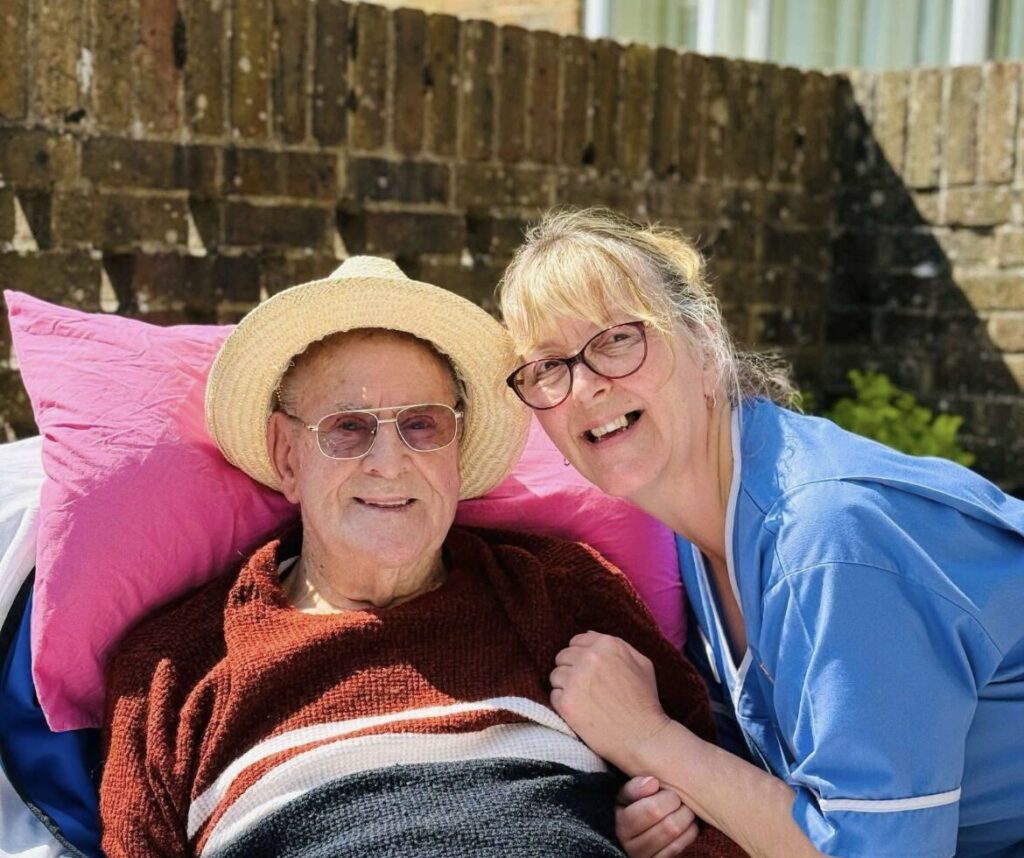
A Fresh Start and a Sense of Belonging
Moving into a care home is not just a change of address. It can be the start of a new chapter filled with companionship, security, and meaningful experiences. Many residents discover a renewed sense of belonging and identity as they connect with others, take part in activities, and enjoy the support of a caring community.
With the right conversations, reassurance, and involvement, what might initially feel like a difficult step can become a positive and life-enhancing choice.
We Are Here To Help You
Encouraging someone to move into a care home is about empathy, patience, and understanding. By listening to their concerns, highlighting the benefits, and involving them in the decision, you can help your loved one feel confident about this next stage of life.
At Upper Mead Care Home, we are here to make that journey as smooth and supportive as possible. If you would like to learn more about our care, book a visit, or speak to our friendly team, contact us today. We would be delighted to show you how we create a welcoming and enriching home for every resident.
